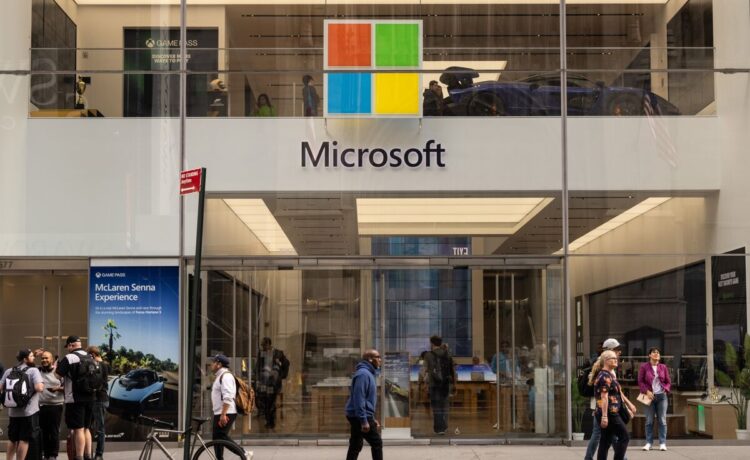The normal way to own a share of a company’s profits is to buy its stock. If you find a company that you think is promising, and you want to give it some money to finance its operations in exchange for a share of its profits, you might buy, say, 10% of its stock, and then in some rough sense you own 10% of its future profits. Not in any very strict sense — the company gets the profits, and may or may not pay some or all of them out to you as dividends — but people do tend to think of a share of stock as a share in future profits.
But while stock is the standard way to buy a share of a company’s profits, it is not the only way. Here’s another one: I buy 10% of the company’s stock, and then I write you a total return swap, a derivative contract saying that I’ll pay you $1 for every $1 that the stock goes up (and you’ll pay me $1 for every $1 it goes down). That way, you have economic exposure to the stock: You make money if it goes up and lose money if it goes down. But you don’t own the actual shares of stock, or some of the rights that attach to them. (You normally can’t vote for directors, for instance.) You have economic ownership of the stock, but you don’t actually own stock.

